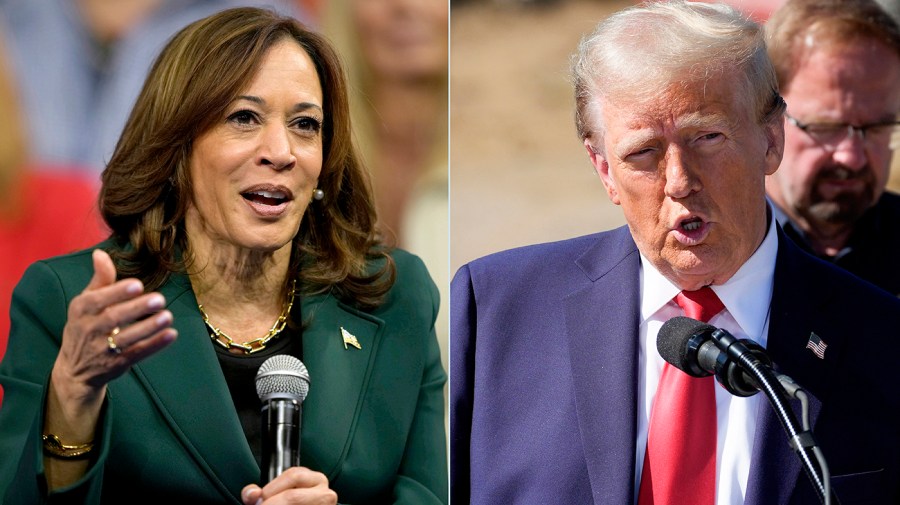
Americans have turned out in record numbers to cast their ballots early in the general election, with more than half of the country’s registered voters having already voted or planning to vote before Election Day, according to a Thursday poll released by Gallup.
This year 54 percent of registered voters are headed to the polls early, a 10 percent decline from the last presidential election in 2020, which came amid the COVID-19 pandemic.
Forty-two percent of respondents are planning to cast a vote on Nov. 5, while 34 percent are planning to do so before them and 20 percent have already cast their ballots.
White Republicans have invested heavily in getting out the early vote, Democratic party members are still outvoting Republicans before election day.
The survey showed 63 percent of registered voters who are either Democrats or Democratic-leaning independents have already voted or plan to vote before Election Day, compared with 47 percent of Republicans and Republican leaners.
Both parties have said they feel confident about early voting numbers, which have topped 50 million in recent days. However, strategists have warned against using premature tallies to predict election results.
A majority of participants, 70 percent, said they are more enthusiastic about the 2024 general election compared to 17 percent who say they are less enthusiastic, 11 percent feel the same as previous years and 1 percent had no opinion.
As the race nears the end, the survey measured which campaigns have successfully reached voters.
Forty-two percent of registered voters said they’d been contacted by the Harris campaign either by email, phone, in person or mail and 57 percent said they had not been reached. The Trump campaign reached 35 percent of registered voters while 63 percent said they were not contacted.
Trump’s number of voters reached are 2 percentage points higher than Republican nominee John McCain’s in 2008. Harris’s are 3 percentage points higher than former President Barack Obama’s outreach during that campaign.
Gallup conducted telephone interviews in English and Spanish from Oct. 14 to Oct. 27 with 1,007 adults over the age of 18 across the country. The margin of sampling error is plus or minus 4 percentage points at the 95 percent confidence level.

